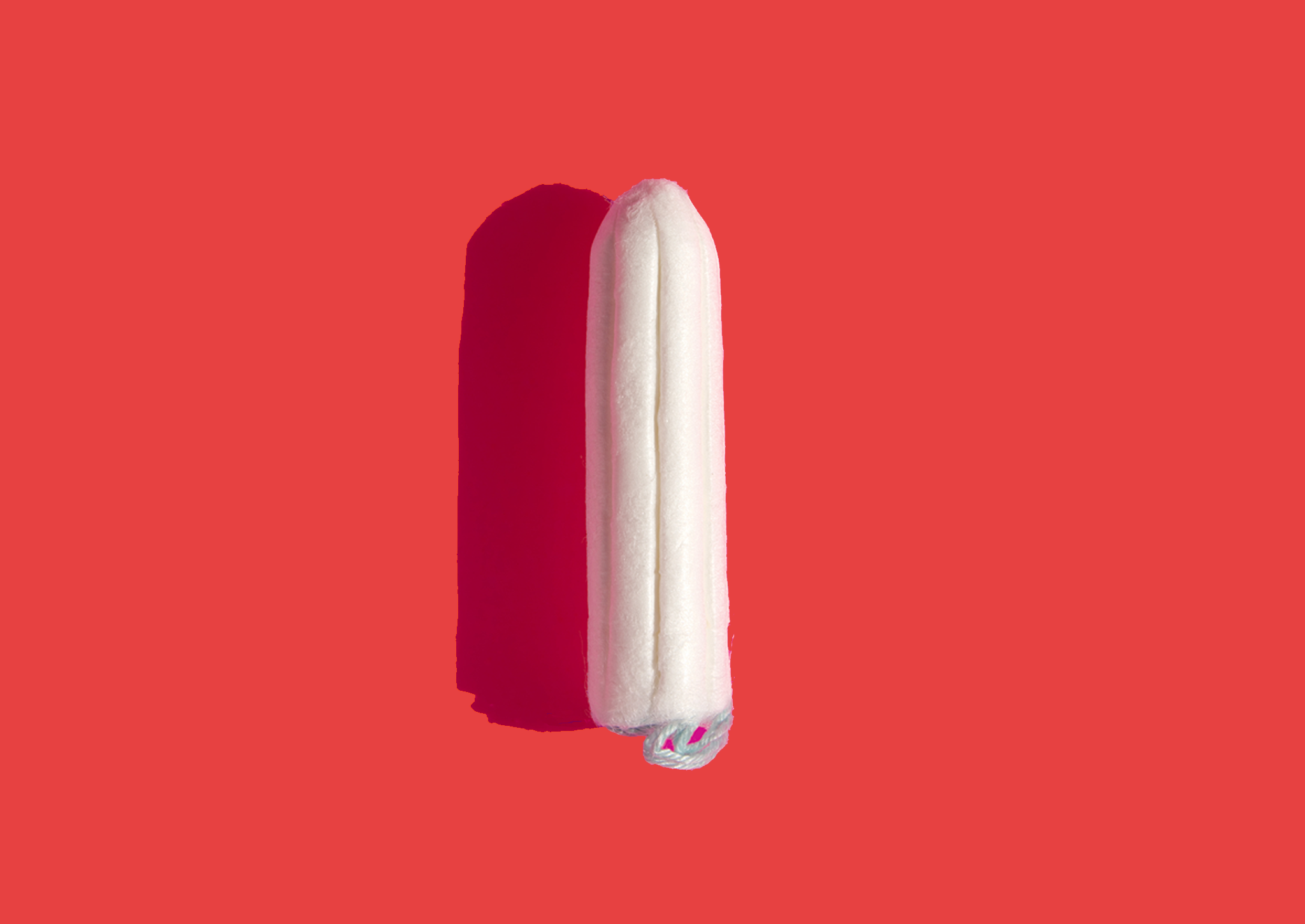There's nothing luxurious about my periods, so why is the Government taxing tampons as if there is?
Not only is it unfair, but the decision to tax sanitary products as "luxury" items is forcing some women to take desperate measures


Your support helps us to tell the story
From reproductive rights to climate change to Big Tech, The Independent is on the ground when the story is developing. Whether it's investigating the financials of Elon Musk's pro-Trump PAC or producing our latest documentary, 'The A Word', which shines a light on the American women fighting for reproductive rights, we know how important it is to parse out the facts from the messaging.
At such a critical moment in US history, we need reporters on the ground. Your donation allows us to keep sending journalists to speak to both sides of the story.
The Independent is trusted by Americans across the entire political spectrum. And unlike many other quality news outlets, we choose not to lock Americans out of our reporting and analysis with paywalls. We believe quality journalism should be available to everyone, paid for by those who can afford it.
Your support makes all the difference.The average woman buys, uses and throws away 11,000 tampons during her lifetime. In my local Tesco, a box of 20 regular Tampax costs £3.14. This means that someone earning minimum wage must work approximately 38 full working days to pay for her lifetime’s supply.
Brushing over the fact that many people also use sanitary towels at the same time as tampons, five per cent of this cost is tax. Both are taxed as luxury, non-essential items – you are, quite literally, being tolled for having a uterus.
A petition to have this tax removed has so far attracted over 135,000 signatures. The campaign points to a host of items which are tax exempt including “edible sugar flowers”, “alcoholic jellies” and “exotic meats including crocodile and kangaroo”.
I've spoken to a number of women about the issue, and they all say the same thing. Being forced to pay for the "luxury" of getting your period isn't fair, and sometimes it can be too much of challenge. “There was a time I was really squeezed for cash and I had to resort to asking friends for pads and count my pennies until I had a pound to buy products from the pound shop,” Sarah, 22, told me. “Menstrual products are essentials and they shouldn't be as expensive as they are – something needs to change.”
I also spoke to a woman called Beth, 22, who chose to opt out of menstruating altogether. She now takes the combined contraceptive pill throughout the month, rather than face the cost of having a period. “I usually skip my placebo week to avoid having periods at all. I've asked a couple of doctors and nurses and had no clear answer on what the long term health effects might be but, at the end of the day, the pill is free and tampons aren't."
Beth is an English literature graduate from the University of East Anglia, where the student union opted in November to sell tampons, sanitary towels and Mooncups at no profit to protest the "tampon tax" – to the delight of the student population.
But this is a problem that goes beyond skint students. The Trussell Trust has seen the number of people using its foodbanks soar from 346,992 in 2012-2013, to 913,138 in 2013-2014, with one in five working parents having to choose between paying an essential bill and putting food on the table. But what happens when you add the third choice of not buying any tampons that month into the equation?
When condoms, dental dams and the pill are all (quite rightly) available free of charge from the NHS, no-one should be put in a position where they must scrape pennies together to manage their menstruation. When those on a low income can access free prescriptions, there is no reason why items as essential to your health and hygiene as sanitary pads should not be freely available from medical centres.
As anyone who has ever had a period will tell you, it is impossible to work or go about your day-to-day life without adequate sanitary products, and to classify them as anything other than essential is an insult. Menstrual hygiene should be a right, not a luxury.
Correction: An earlier version of this article stated that men's razors were tax-fee. However, they are not listed on the Government's list of tax exempt items, and the article has been updated to reflect this.
Join our commenting forum
Join thought-provoking conversations, follow other Independent readers and see their replies
Comments